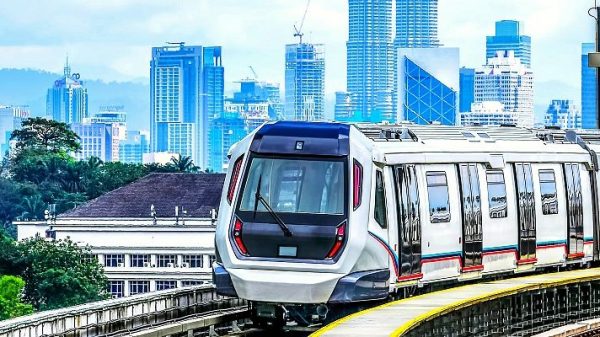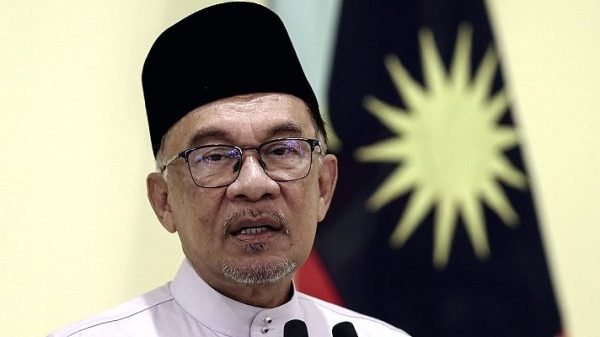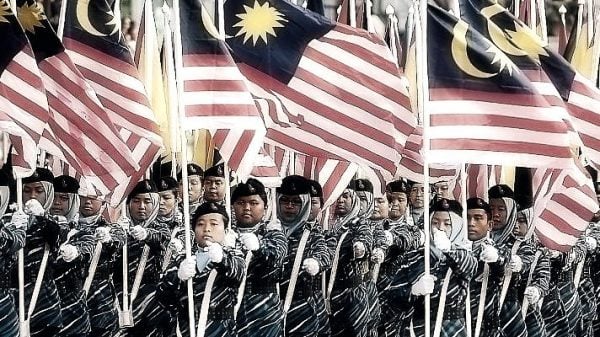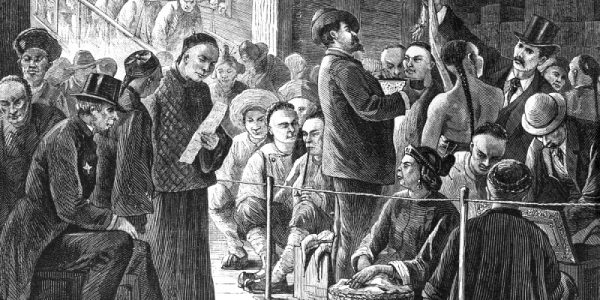Since the beginning of this year, global freight prices have soared. A 40-foot container transported by sea from Shanghai to Rotterdam in Europe would cost US$10,500, which is more than 500% higher than five years ago.
Rapid increase in transportation costs on the one hand has added heavier burden on consumers, and it has also given international freight companies the opportunity to make huge profits.
Data show that the French CMA CGM Group’s net income in the first quarter of 2021 had reached US$2.1 billion, an increase of over 40 times compared with the same period of US$48 million last year.
According to reports, the surge in international freight rates is due to the rapid rise in demand, shortage of containers, overloaded seaports, and shortage of ships and maritime workers.
The current coronavirus is still on the rise and its spread has not abated, and this has exacerbated the difficulty of sea and air transportation. The surge in transportation costs is particularly detrimental to the export of low- and medium-priced, large and heavy goods, such as furniture and toys. Their freight costs may account for more than half of the final retail price in the destination market.
In Malaysia, freight cost rises offering huge profits have brought a psychological imbalance to the indigenous companies that operate freight transport. They want to use their spokespersons from the Malay political parties to openly support freight companies where they are partners to obtain 51% of the controlling stake.
Indeed, past records show that as early as the 1990s when Mahathir was Prime Minister and Umno’s power was at its peak, the Bumiputra’s 51% shareholding regulations were passed by the Barisan Nasional cabinet.
However, Malaysians generally do not know this, and it is very likely that Umno thought at that time, it was not ripe for immediate implementation, worrying about its adverse effects, especially the impact on foreign investors’ confidence in the future development of Malaysia’s economy.
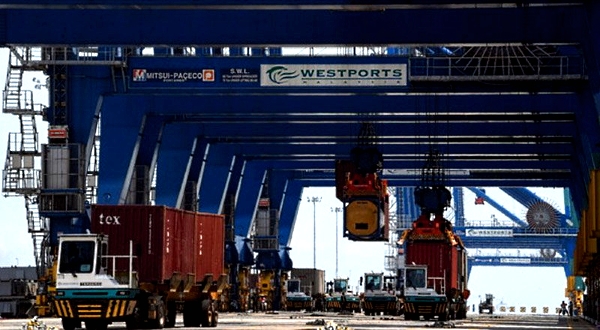 According to the Malay critic Mohsin Abdullah, Malay companies do not need at all other races to participate in their freight business. They can actually do it 100% by themselves, and if they make money, they don’t have to share profits with any ethnic Chinese or Indians. Isn’t that wonderful?
According to the Malay critic Mohsin Abdullah, Malay companies do not need at all other races to participate in their freight business. They can actually do it 100% by themselves, and if they make money, they don’t have to share profits with any ethnic Chinese or Indians. Isn’t that wonderful?
However, the fact is even if Malay investors have their own freight companies, they appear to love to squeeze into companies run operationally by Chinese or Indians. With the current 30% equity, they can become Chairman of the Board of Directors, albeit with no real power. Despite a fat salary, driving in and out of a luxury car and bungalow, they are still mentally uncomfortable and somewhat at a loss!
We don’t know exactly what difficulties Malay freight companies have encountered during this juncture of fee hikes. But from the fact that their politician agents have hastily implemented the 51% indigenous equity through the Ministry of Finance, it is conjectured that there are only two reasons.
One is that pure Malay companies have not tried their best to face the fierce competition in the international market due to their dependence on the government, resulting in poor management and losses.
The second is that the Malay partners who are cooperating with the Chinese and Indians want to take advantage of the current fragmentation of the Malay political parties, borrowing the influence of politicians and their own votes to get handy benefits.
At a time when people from all walks of life are talking about this matter, we are happy to see some Malay intellectuals stand for justice. Mohsin Abdullah mentioned above is one of them. Iswardy Morni, Chairman of the Sarawak PKR Party, sees very clearly that the Malay cronies are purely with the bad idea of seeing money and wanting to take advantage of the 51% stake in profitable companies.
Even Malay netizens have expressed the sentiments of the ordinary Malays who feel that it is not the Malay community that would benefit from such a greedy desire, but the truly wealthy Malays or powerful cronies, because only they can buy shares.
To make matters worse, once a freight company with excellent development potential falls into the hands of mediocre, unmotivated cronies, it will lose money year after year due to poor management, which will force other partners to sell their equity and leave, leading to the company’s eventual bankruptcy.
Furthermore, freight transport involves international trade and extremely critical foreign investment. If the government favors certain companies, resulting in a lack of free and fair competition in the market, it will also hinder foreign investment and cause local capital to flee.
In today’s scenario of globalization and technological advancement, freight and logistics businesses must go along with professional management, and it is necessary for managers to thoroughly understand the fundamentals of competition and operating mechanisms.
Presently, one of the more successful non-indigenous Malaysian freight forwarders is Tiong Nam Logistics Holdings. In recent years, the Group has continued to expand to strengthen its business, stepping into manufacturing, e-commerce, and heavy-duty project freight.
The Group has also extensively used e-commerce to perform planning storage, distribution and door-to-door services. This Malaysian investment holding company has subsidiaries engaged in transportation, property rental, warehousing, cold storage, express delivery and other related services. In addition to international cargo operations, the Group also invests in container warehouse services in Vietnam.
Another one worth mentioning is the logistics business freight forwarder of AirAsia Digital. Its Teleport system has been able to provide fast digital customs clearance services for any shipper and consignee. In 2018, this AirAsia digital cargo subsidiary won the IDC Digital Transformation Award in Malaysia.
Such advanced and efficient Malaysian freight companies are perhaps models for entrepreneurs of all races to learn, and keep pace with the times and catch up with the most advanced international freight standards.
Participating actively in the global trade competition is the correct and sustainable way to develop and survive. If you just want to rely on crony support to get something for nothing, sit back and enjoy what you are doing, and be afraid of judicious competition and lack of fighting spirit, what opens up in front of you is not a broad avenue, but a dead end.
(Wong Tai-Chee has his B.A and M.A degrees in Urban and Regional Planning from the University of Paris, and earned his PhD in Human Geography from the Australian National University. After teaching 20 years in Nanyang Technological University, Singapore, he retired in 2013. He then worked as Distinguished Professor for two years at Guizhou University of Finance and Economics, China, and as Dean and Professor at the Southern University College, Johor until the end of 2018. He was Visiting Professor to University of Paris (Sorbonne IV), Visiting Fellow to Pekin University, Tokyo University and University of Western Australia. His main research interests are in urban and economic issues, and more recently on Malaysian politics. Besides his 15 self-authored and edited book volumes, he has written over 100 academic articles and published widely in international journals.)
ADVERTISEMENT
ADVERTISEMENT








